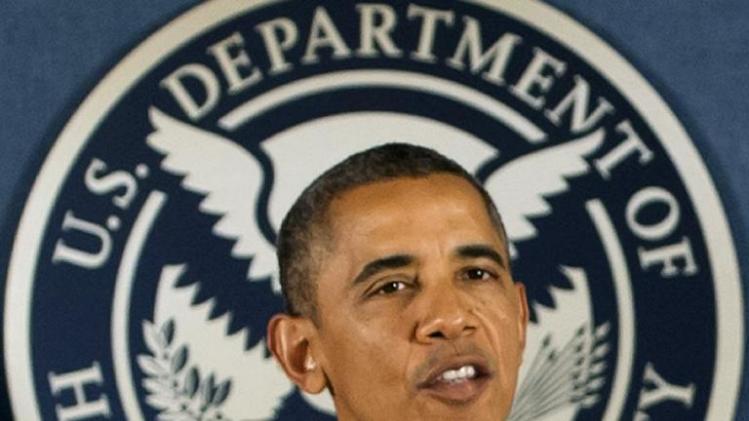
Consumer confidence is crashing. If the economy goes south because of default fears, President Obama will be the big loser
By Harry J Enten
So, people currently blame the Republicans more than anyone else for the government shutdown, but predicting the long-term political fallout is not as easy as that suggests. For one thing, the latest CBS News poll shows that while slightly more people believe the Republicans are at fault, a majority of them are upset with both sides for the inability to avert this crisis.
The real story is not revealed by people's view of the politicians; it's contained in the indices of economic sentiment. Gallup finds that Americans' confidence in the economy has dropped like a rock, from -20pt just before the shutdown, to -35pt now. And it would not be surprising to see that measure continue to fall over coming days, with the deadline for raising the debt ceiling looming in ten days' time.
What we're seeing is a time-lag in consequences for the politicians. Gallup has President Obama's approval rating still within its normal range of 45%, plus or minus a few points.
But remember the debt ceiling battle of April to July 2011: the politicians solved that crisis without the US actually defaulting, yet the mere idea of a default hurt tremendously. S&P downgraded the United States' credit rating, while Gallup's economic confidence rating fell by 30pt, to -55.
Regardless of whom the public blamed for the 2011 crisis, President Obama's net approval rating did drop, by up to -4.3pt, per the Real Clear Politics average. True, that was not a catastrophic fall, but consumer confidence tends to be a leading economic indicator; it moves before the rest of the economy does.
Sure enough, Obama's net approval rating didn't bottom out until the end of August 2011 – a month after he, House Speaker John Boehner, and congressional leaders had reached a deal. Obama's net approval stayed at about -10pt through early October, and was still lower at 1 November than it had been on 1 August. And it stayed depressed even though consumer confidence recovered slightly during the same period.
In fact, the political arguments over the shutdown and debt ceiling fight may not matter that much at all. As University of North Carolina political scientist Jim Stimson found (via Mark Blumenthal of the Huffington Post), it's consumer sentiment that tends to have the greatest impact on approval ratings and hence elections.
After the last go-round on the debt ceiling, the economy had started to pick up by the end of October 2011, and Obama's approval rating followed. But the lesson for Democrats who may be thinking smugly that the Republicans will take the biggest hit for the federal shutdown and government default angst is that if the economy goes south as a result, then it'll likely be the Democratic president who sustains the most damage.
No comments:
Post a Comment